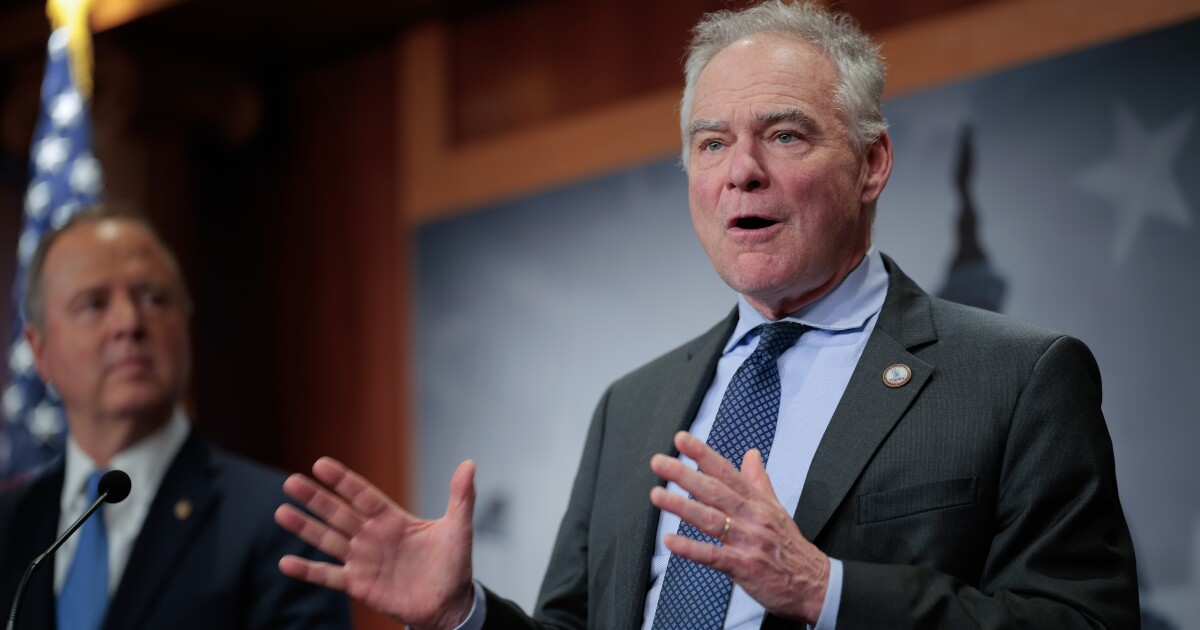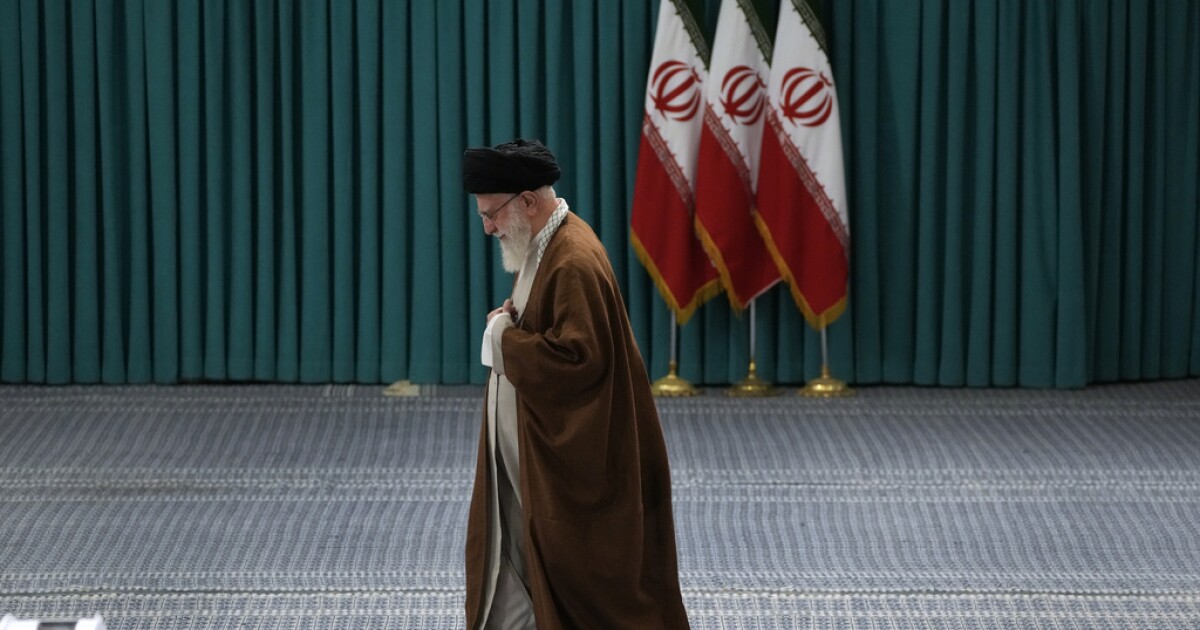BANGKOK — In a significant development for international trade, the United States and China have reached a new trade agreement, as announced by President Donald Trump. This move is part of ongoing efforts to strengthen economic ties between the two nations and comes with the promise of further deals, including one with India.
Commerce Secretary Howard Lutnick, speaking to Bloomberg TV, confirmed the signing of the agreement earlier in the week. However, both Lutnick and President Trump withheld specific details about the trade pact.
“We just signed with China the other day,” stated Trump on Thursday evening, while Lutnick added that the deal was “signed and sealed” two days prior.
It remains uncertain whether this agreement is distinct from the one discussed two weeks ago, which aimed to simplify access for American industries to essential magnets and rare earth minerals. That previous agreement facilitated the continuation of trade discussions as the U.S. agreed to pause efforts to revoke visas for Chinese students in U.S. colleges.
China’s Commerce Ministry reported on Friday that both nations “further confirmed the details of the framework,” yet it did not specifically address U.S. access to rare earths, which are crucial for high-tech industries.
China indicated that it would approve export applications for controlled items that meet legal requirements, while the U.S. would lift certain restrictive measures against China. “It is hoped that the United States and China will meet each other halfway,” the ministry stated.
The agreement follows initial negotiations in Geneva in early May that led to the postponement of substantial tariff increases that threatened trade between the U.S. and China. Subsequent discussions in London set the stage for a framework agreement, which appears to have been formalized by the recent deal.
“The president likes to close these deals himself. He’s the dealmaker. We’re going to have deal after deal,” remarked Lutnick.
While China has not announced any new agreements, it has expedited approval for exports of rare earths, crucial for the production of high-tech goods like electric vehicles. Limits on these exports have been a significant point of contention.
The Chinese Commerce Ministry noted on Thursday that Beijing was speeding up the review of export licenses for rare earths and had approved “a certain number of compliant applications.”
Recent negotiations have shifted focus from tariffs to the control of minerals, following China’s implementation of permitting requirements on seven rare earth elements in April, which threatened global high-tech production.
China has also taken steps regarding fentanyl, designating additional precursor chemicals as subject to regulatory measures. This move comes in response to Trump’s demand for action to curb the flow of these chemicals to Mexican cartels, leading to a 20% tariff on Chinese imports over the issue.
The Geneva agreement in May called for scaling back on punitive tariffs imposed during the trade war initiated by Trump, although some tariffs remain, including those on aluminum and steel.
These evolving trade policies have impacted both the U.S. and Chinese economies. The U.S. economy saw a 0.5% contraction in the first quarter, partly due to a surge in imports as companies preemptively purchased foreign goods ahead of potential tariff hikes.
In China, factory profits dropped by over 9% year-on-year in May, with the automotive industry experiencing significant losses.
Trump and other U.S. officials are optimistic about securing further trade deals with other nations, including India. “We’re going to have deal after deal after deal,” Lutnick reiterated.
—
Read More Michigan News










